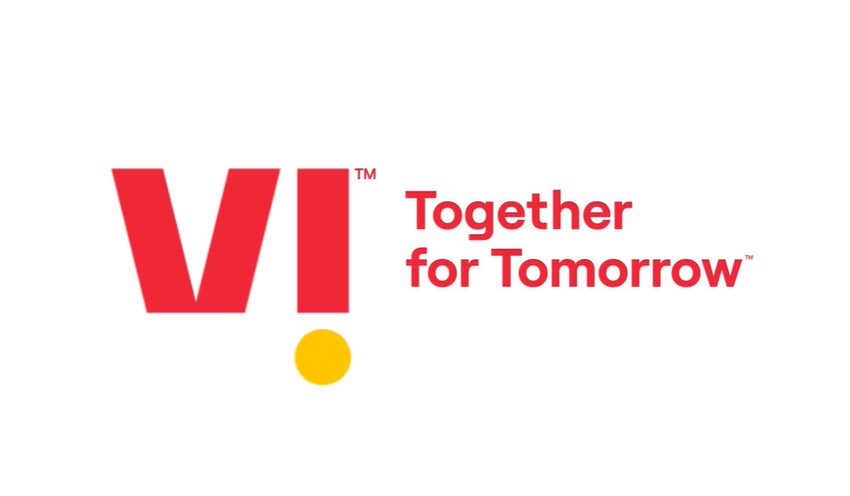Struggling Indian telco Vodafone Idea is handing over a third of the company to the government in return for deferring its debts for four years.
January 11, 2022

Struggling Indian telco Vodafone Idea is handing over a third of the company to the government in return for deferring its debts for four years.
To be clear, those debts still exist and will still need to be paid at the end of the deferment period. All Vodafone Idea is buying with such a large stake in the company is the cancelling of the future interest payments on those debts.
According to a stock market filing, on 14 October 2021 the Indian Department of Telecommunications had offered this ‘one-time opportunity’ to Vodafone Idea and given it 90 days to accept it. While it seems to have taken its time, the only alternative seems to have been bankruptcy, so the deal was eventually accepted. Here’s what the filing had to say.
With this background, it is now informed that the Board of Directors, at its meeting held on 10th January, 2022, has approved the conversion of the full amount of such interest related to spectrum auction instalments and AGR Dues into equity.
The Net Present Value (NPV) of this interest is expected to be about Rs.16,000 crore as per the Company’s best estimates, subject to confirmation by the DoT. Since the average price of the Company’s shares at the relevant date of 14.08.2021 was below par value, the equity shares will be issued to the Government at par value of Rs. 10/- per share, subject to final confirmation by the DoT.
The conversion will therefore result in dilution to all the existing shareholders of the Company, including the Promoters. Following conversion, it is expected that the Government will hold around 35.8% of the total outstanding shares of the Company, and that the Promoter shareholders would hold around 28.5% (Vodafone Group) and around 17.8% (Aditya Birla Group), respectively.
It was quite clear when the bill for assorted historical government fees was presented back in 2019 that the company had no hope of paying it. Vodafone Idea and Bharti Airtel attempted to question the AGR (average gross revenue) calculation but India’s supreme court was having none of it. In the absence of profit, the only thing Vodafone has left to pay off the government is its own equity.
We are left wondering whether this was the plan all along, since it was by far the most likely outcome. The outstanding fees seem to be legitimate, as confirmed by the courts, but the determination with which the Indian state has backed Vodafone Idea into this corner leaves a bad taste in the mouth.
History tells us state-run telcos tend to perform poorly and India is certainly no exception. Given how unlikely it is that Vodafone will have saved up the ten zillion rupees it will still owe in four years’ time, we can confidently predict this isn’t the last bath investors in the company will have to take. On the other hand, they’ve still got more than if the company had gone under, so that’s something.
About the Author(s)
You May Also Like








.png?width=300&auto=webp&quality=80&disable=upscale)


_1.jpg?width=300&auto=webp&quality=80&disable=upscale)


.png?width=800&auto=webp&quality=80&disable=upscale)